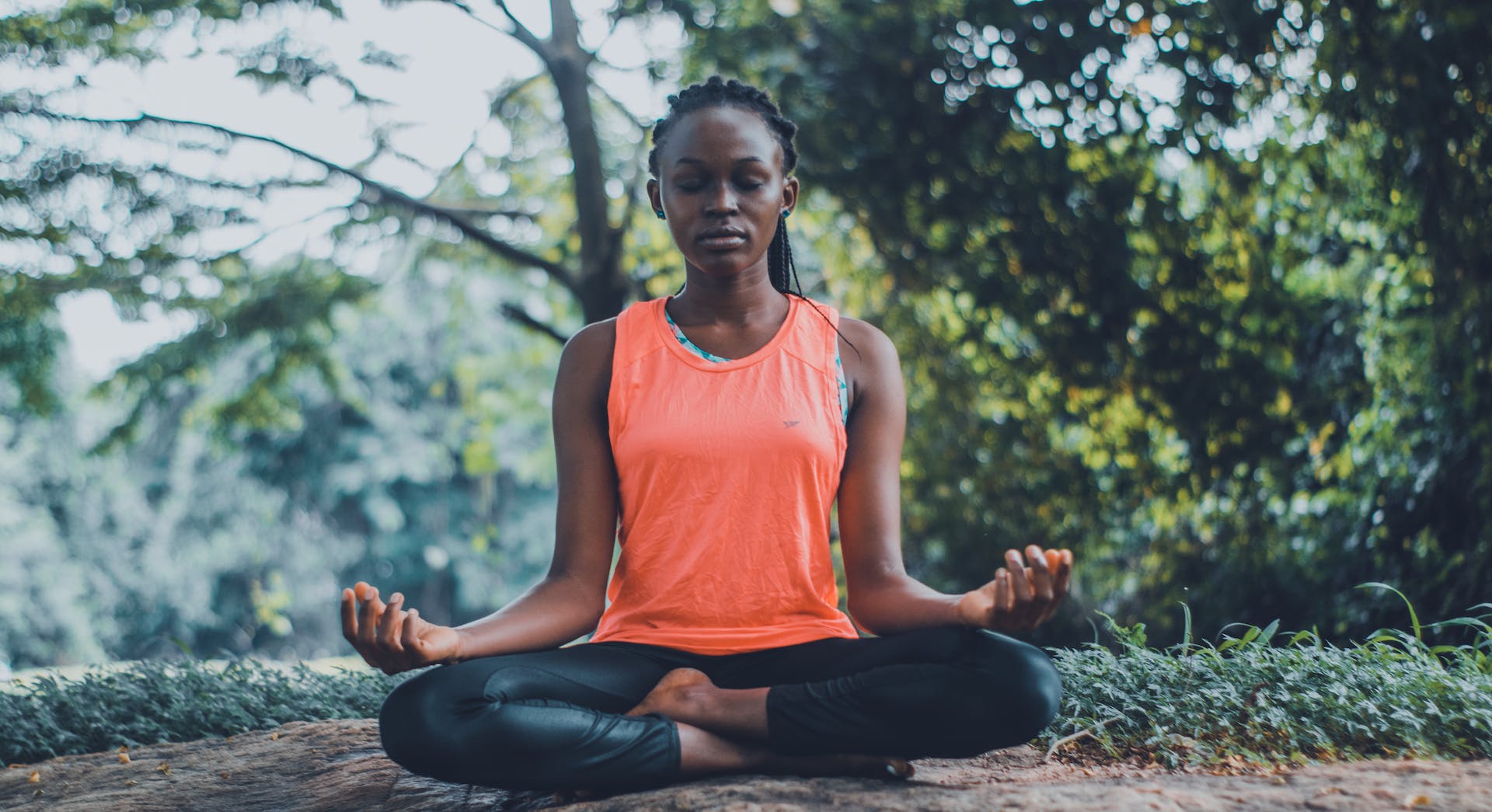Six days into the new year, I decided to take a break from Facebook to reflect on my life, reconnect with self, remember my dreams, rehabilitate my reading self, execute some long-procrastinated tasks, and so forth. I did do each of these things, and when I returned after a week, I felt I was regressing by being back on the app, and so I decided to continue staying away though I did not deactivate my account as I had previously done.
During this time, I have been wondering what the deal is, and recently it has become clear to me that the problem is not the content on Facebook but the structure of Facebook – in fact, the structure of most of the apps that suck our time dry on the internet and have become monsters on people's backs.

The answer came to me recently when I attended a talk about distraction, where sure enough most of the speakers (including Qazini’s own Damaris Agweyu who was the keynote speaker) dwelt on the modern distractions that come in the form of social media apps and the constant communication, entertainment, edutainment and indulging that these infernal applications require of us.
It was during the audience engagement segment of the evening that I realised the room was full of extroverts, so many people who wanted to say something or ask something. And somewhere in the course of all of that, I felt as if my brain was bursting, and I wondered why, because after all none of what was being said was particularly new to me as someone who's studied digital distraction for years (reading various books, especially Cal Newport's).
And it hit me: the problem was that too many people were saying too many things in a too short span of time, and the effect of this on my mind was information overload because my brain was interpreting all of this as separate pieces of information and probably assigning a cognitive box to each.
Adding two plus two together, I realised that this is actually the way most of the popular social media apps are structured. On Facebook, you read post after post, not just one post, and the shorter the better. Ditto Instagram, Twitter, TikTok, YouTube and others. The comment section is also designed to provide a similar blitzkrieg of varied opinions. The worst of these apps is of course TikTok, where in the course of ten minutes you might have watched a hundred videos!
So here are some rules for a better life while navigating (or avoiding) the digital hellscape:
1. For reading material, be biased towards long-form: either essays, long-form journalism, or books (especially novels for fiction). During my hiatus, which I am not stopping any time soon for these reasons, I took to reading long-form essays. I started with the classic ones by Parselelo Kantai (actually, I read all the Kwani? Big Four: Kantai, Binyavanga, Yvonne, and Billy Kahora, plus others). This led to me thinking about the difference between masticating a long article versus gulping a short post on Facebook.
When you are reading a long-form piece, your entire mind seems engaged, including your memories (because certain turns of phrase might evoke reveries of long-forgotten events, persons, places), and the cogs of your cognition turn and turn, so that by the time you are done you feel like someone who has done a day's work – satisfied, accomplished, confident. You feel wiser. You did not just swallow what the author wrote, you engaged with him/her, you wrestled with them – with their ideas. This gave me a better supply of dopamine (because it was earned) than what I would get from rapidly consuming short pieces of content. It made me more meditative, thoughtful, gave me richer ideas. But best of all, it made me want to write!
2. Start paying attention to the sentence length of your reading material. I noticed that I was now gravitating toward pieces that use longer sentences, the more complex the better, as I began to feel that short sentence length is another symptom of the instant gratification disease that has plagued our modern times.
This is why if you've noticed, I'm using longer sentences – because I don't want to spoon-feed you, I want you to work for the epiphanies, I want you to put in the cognitive effort to focus on the thought and sustain it through the entire long sentence. As society got dumber, sentences became shorter – or is it that as sentences got shorter, society became dumber? Challenge yourself by reading authors who love long sentences – it is good for your brain, trust me.
3. If you can't avoid them, then at least cut down on the time you spend on short-length content apps, especially TikTok.
4. Develop a bias for long-form podcasts (you know the ones which do episodes that are at least an hour long) – the same applies to YouTube: long-form, long-form, long-form!
5. Invest time in watching films by serious directors, the ones whose movies Martin Scorsese would call “cinema” – these ones always include long-take scenes in their films, and the average shot length is generally higher than the typical Hollywood fare. (Apparently, in the 1930s, the average shot length in English language movies was 12 seconds, but guess what it is today: under 3 seconds!) Note too that the classics are incomparably superior to the current films being released.
6. Deep work – work in long batches of concentrated time where you don't check your phone.
7. Take time now and then to have long stretches of untouched time to essentially do nothing, consume nothing – maybe chill or go for a long walk (preferably in nature, because the city is an over-stimulating place – walking in the city is an act of frantic information consumption in itself!)
Short sentences, short videos, short takes (in film), short attention spans, short foreplay, short breath, short tempers – we have dumbed down our culture and ourselves in the process, for there is no space in which to introspect, meditate, or even simply luxuriate in the lush art of doing nothing. We are inundated by information, both useless and useful (we can't distinguish between the two, because it all comes as a commingled barrage, which makes it all junk if we don't exercise our prerogative to select).

8. Spend time with loved ones or friends without intermittently checking your phone.
9. Do something with your body, with your hands, something non-cerebral, to get yourself out of your mind and back into your body, back into the grimy, sweaty, nourishing, earthy real world, away from your digital distractions and other abstractions.
10. Develop and (most importantly) practise a meaningful philosophy of life, or rather cultivate and tend to the one you’ve already got.
As I conclude, I want to give a caveat that this essay is not written as a prescription on how to consume art and literature, but rather as a prescription on how to build a richer life and rescue yourself from the despondency inflicted by the incessant digital distractions and addictions that have become embedded into the very fabric of our daily existence. Furthermore, inasmuch as I used the word “rules”, it was only for effect, because deep down, everyone loves rules, people love to be told what to do (yeah, I said that); but in all honesty, these are not rules. To quote the sagacious Captain Hector Barbossa of the Black Pearl: “The code is more what you’d call ‘guidelines’ than actual rules”. Guidelines for ye to ruminate upon, for ye to discover a new perspective, for ye to select what works for ye; so go forth ye and conquer.





